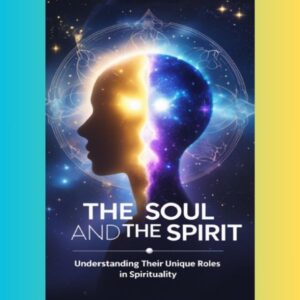The Role of Spirit in Global Religions and Cultures
- The concept of the spirit has been a fundamental element in various cultures and religions throughout history.
- Across different belief systems, the spirit is often seen as the essence of being, a vital force that transcends the physical realm.
- In many traditions, the spirit is associated with the divine, serving as a bridge between humanity and the higher powers.
- For instance, in Christianity, the Holy Spirit is viewed as the active presence of God in the world, guiding and inspiring believers.
- In Hinduism, the atman represents the individual soul, which is part of a larger universal spirit, or Brahman. Similarly, in indigenous spiritualities, the spirit is often connected to nature and the cosmos, emphasizing a holistic understanding of life and existence.
- Discover how different belief systems perceive the spirit as a vital force linking humanity with the divine, nature, and the cosmos.
- Learn about the significance of the spirit in Christianity, Hinduism, and indigenous traditions as a cornerstone of spiritual understanding and connection.




Reviews
There are no reviews yet.